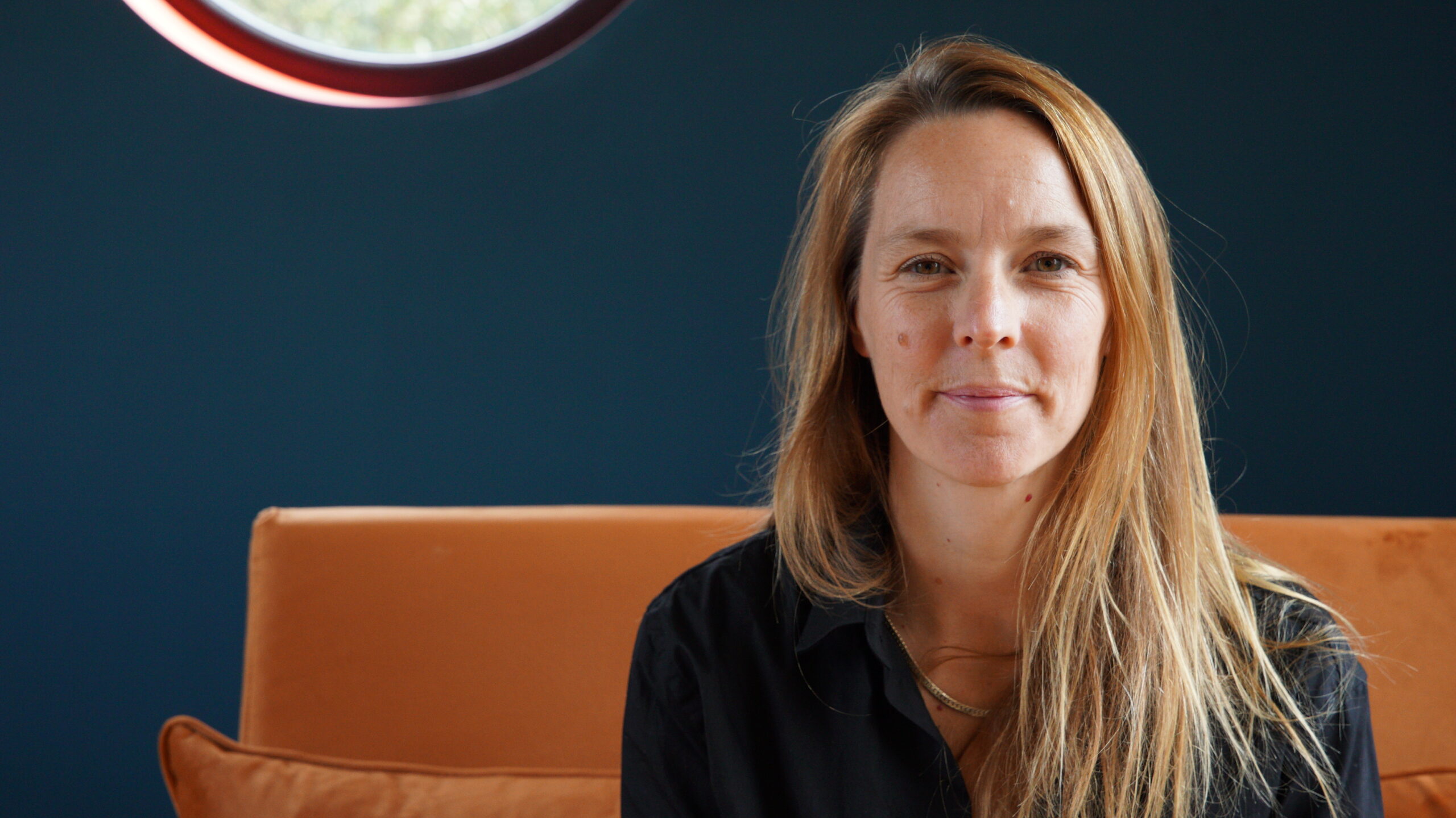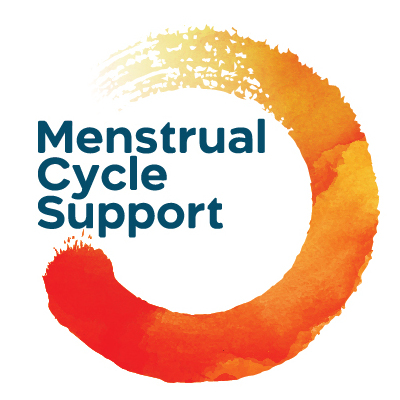Menstrual Cycle Support Safeguarding Policy
This page outlines our policy and approach to safeguarding and, at the bottom of the page, includes gudiance on how to manage specific situation.
Reporting a safeguarding issue
It may be possible to manage and resolve a safeguarding issue using the guidance on this page (specific situations are details at the bottom). However, if you have concerns around safeguarding or if a safeguarding issue is reported to you and you don't feel it can be addressed by the methods suggested here then please report it using this form. The allegation will then be immediately taken forward in a relevant manner.


The power of the menstrual cycle
We recognise that trauma, unpleasant memories and/or underlying mental health issues can surface throughout the menstrual cycle and that charting events or physical / mental health symptoms can sometimes raise safeguarding concerns .
In addition, some participants may be supported to access and complete the course, for example, by a healthcare professional, teacher or parent/guardian; and, some of our participants are under the age of 18 and may require child protection as part of safeguarding and promoting welfare.
The purpose of this Safeguarding Policy is:
1.to protect the people who participate in our online courses
2.to provide Menstrual Cycle Support course participants and those who may be supporting course participants to access and complete the course, with the overarching principles that guide our approach to safeguarding.
Our pledge
We believe that no person should have to experience abuse of any kind.
We have a responsibility to promote the welfare of the people in our community and to do everything possible to keep them safe.
We are committed to delivering our activities in a way that protects everyone we interact with.

Safeguarding issues
It may be that the wellbeing of an individual is at risk, for example if they are vulnerable or struggling with mental health issues. Or it may be that someone is mistreating others, being inconsiderate, inappropriate or hostile e.g.
Mental distress
Self-harm
Suicide risk
Sexual harassment, abuse and exploitation
Negligent treatment
Physical or emotional abuse
Bullying or harassment
Health and safety
Commercial or financial exploitation
Extremism and radicalisation
Discrimination on any of the grounds in the Equality Act 2010
We seek to keep people we serve safe by:
-Treating people in ways that make them feel valued, listened to and respected.
-Developing our Safeguarding Policy to be as relevant to our work as possible and to reflect best practice.
-Ensuring our safeguarding procedures are fit for purpose and signpost to appropriate agencies.
-Promoting our pledge based code of conduct to create and maintain a safe and positive environment that is free from bullying and exploitation.
-Dealing effectively with any safeguarding issues that may arise.
-Ensuring course participants and those who may be assisting a participant to access and complete our courses have had the appropriate safeguarding guidance shared with them via email, group work and/or one-to-one discussions.
-Ensuring those who may be assisting a participant to access and complete a course are properly supported through supervision, support, training and quality assurance measures.
-Making sure we have procedures in place to receive, investigate and act on any allegations appropriately.
What to do in specific scenarios
-
I have suicidal thoughts and a risk of self-harm, or harming others
You are not alone.
If you feel there is an immediate risk to yourself or others, please call the emergency services.
If you need someone to speak to about suicidal thoughts or concerns about the safety of yourself or others, please call The Samaritans 24 hour line. They are supportive, compassionate and non-judgemental.
The telephone number is: 116 123 -
I am being abused (or have memories of abuse)
Different types of abuse can include:
- Physical abuse
- Sexual abuse
- Psychological or emotional abuse
- Financial abuse
- Domestic violence
- Neglect
- Modern slavery
- Organisational abuse
- Discriminatory abuse
Please speak to someone in your GP surgery, work or education setting who can help . If you are unable to seek local help, please fill in a Safeguarding Incident Report and we will take immediate action
If you need someone to speak to about suicidal thoughts or concerns about the safety of yourself or others, please call The Samaritans 24 hour line. They are supportive, compassionate and non-judgemental.
The telephone number is: 116 123 -
I am supporting a child to access/complete the course and have a safeguarding concern about them
If you are a healthcare professional or a teacher/youth leader, please follow the safeguarding procedures your workplace/education setting has in place e.g. contact your Designated Safeguarding Lead (DSL). If you feel these procedures are unable to support you and the participant for some reason, please complete this form. The allegation will then be immediately taken forward in a relevant manner.
If you are parent/guardian and the issue is related to an incident/person in your child's education or other setting, please follow the setting's safeguarding procedures e.g. request to speak to the Designated Safeguarding Lead (DSL). If you feel these procedures are unable to support you for some reason, please complete this form. The allegation will then be immediately taken forward in a relevant manner.
-
I am supporting an adult to take the course and have a safeguarding concern about them
If you are a healthcare professional or a line manager/HR, please follow the safeguarding procedures your workplace/education setting has in place e.g. contact your Designated Safeguarding Lead (DSL). If you feel these procedures are unable to support you for some reason, please complete this form. The allegation will then be immediately taken forward in a relevant manner.

Designated Safeguarding Lead
We have placed safeguarding at the heart of our organisation's ethos, practices and procedures.
Our CEO, Kate Shepherd Cohen, is our Designated Safeguarding Lead (DSL) and retains good and up-to-date safeguarding knowledge and relevant qualifications (Advanced Safeguarding Children Level 2/ Advanced Safeguarding Adults Level 2 and Designated Safeguarding Lead Level 3).
We have put together this policy to the best of our ability. We recognise that no safeguarding policy will be perfect and we may not have covered all the issues that may come up, if you have any concerns at all relating to the safeguarding of yourself or others please Contact Us.
